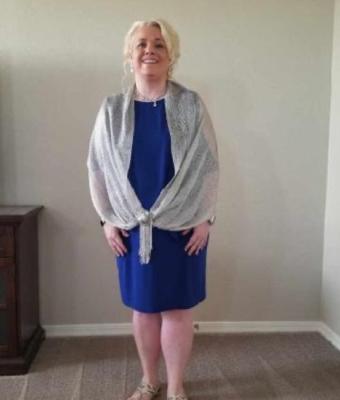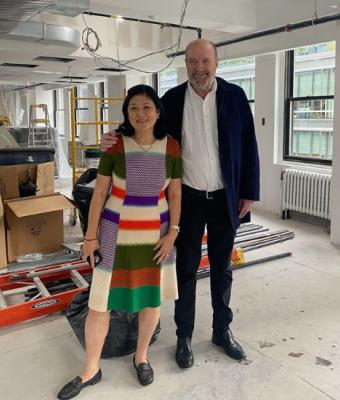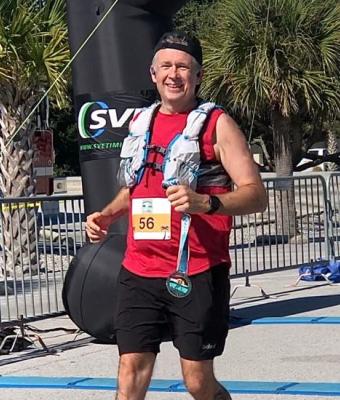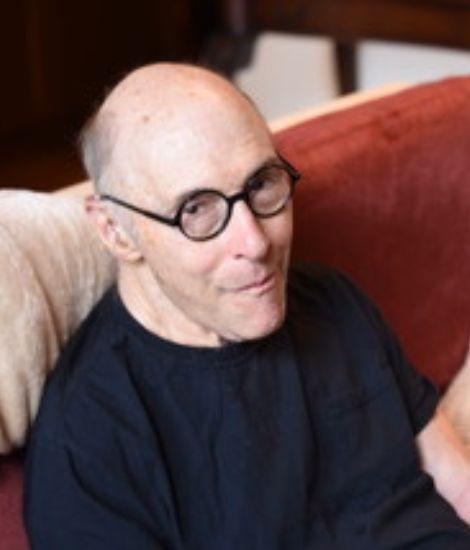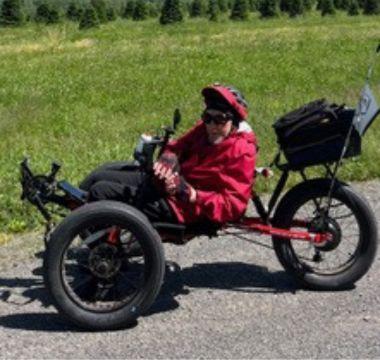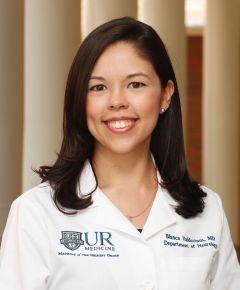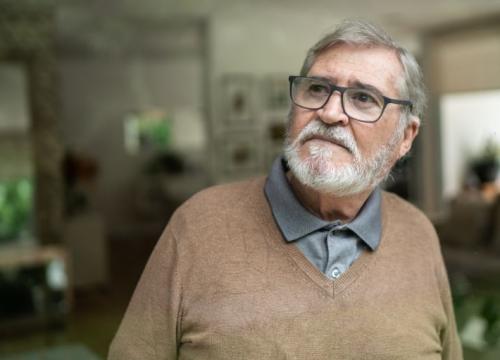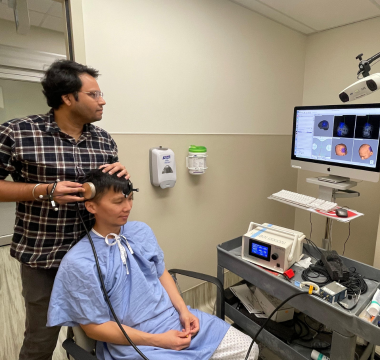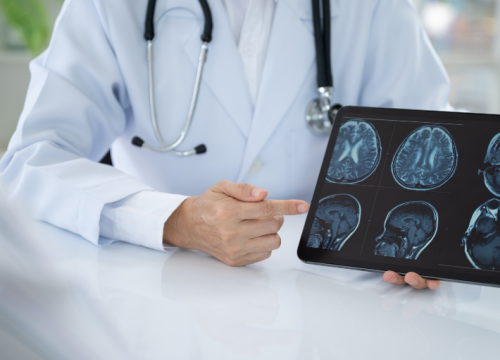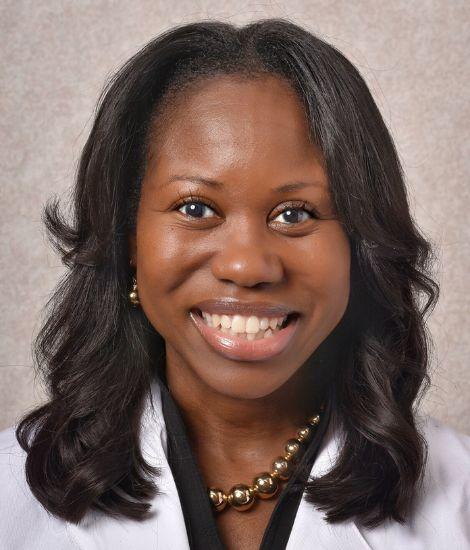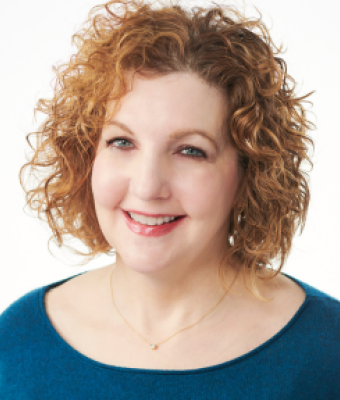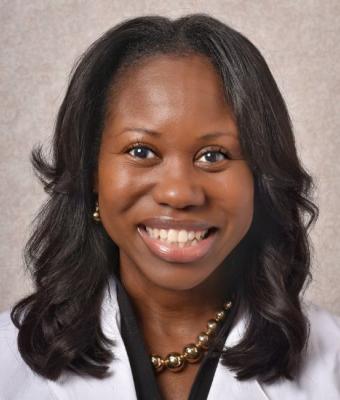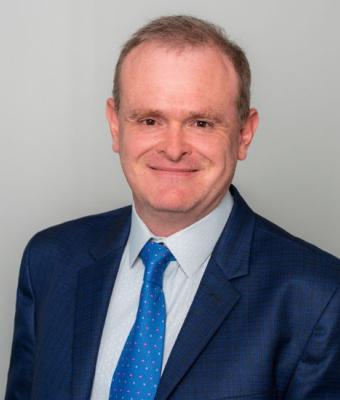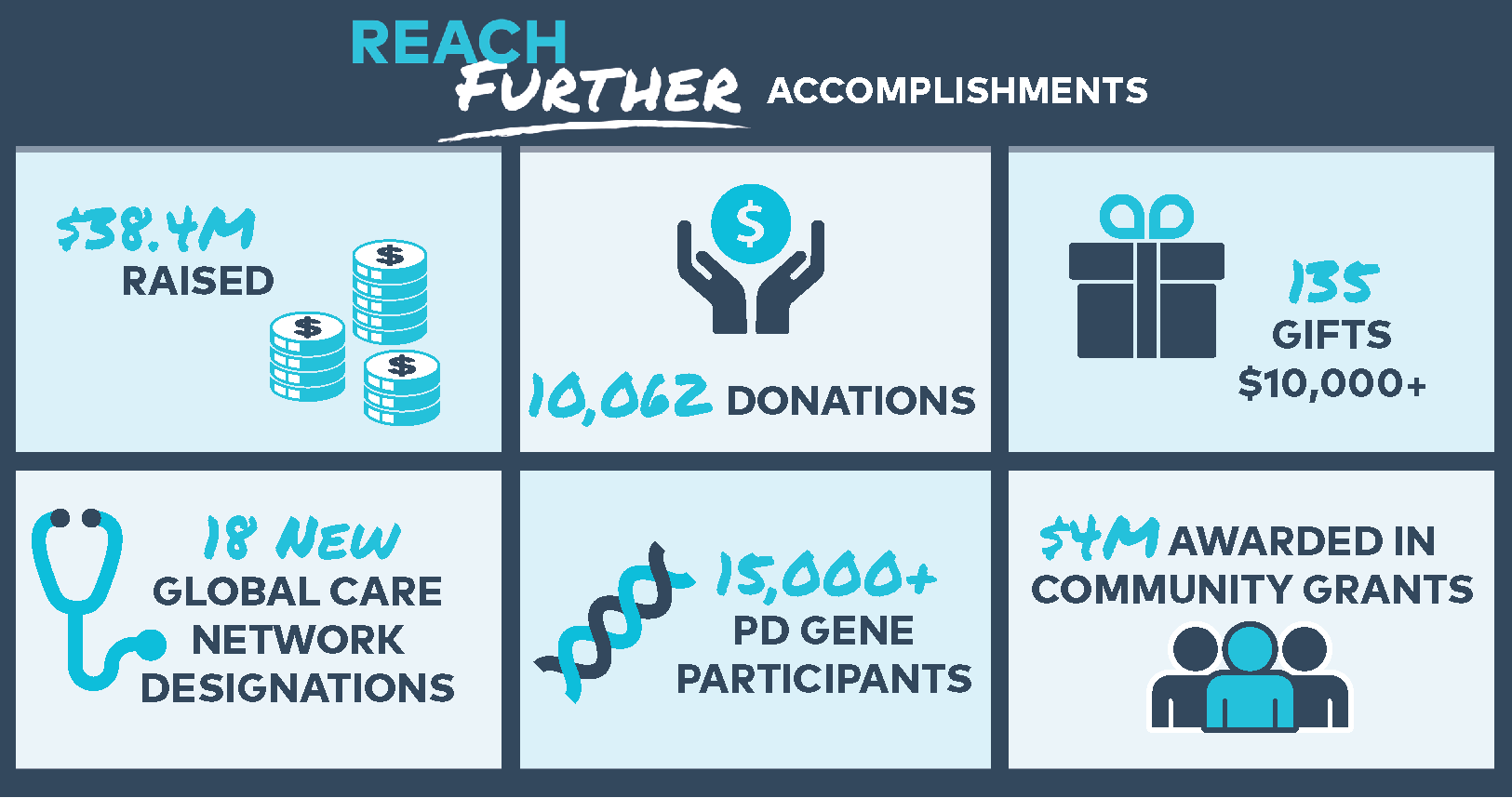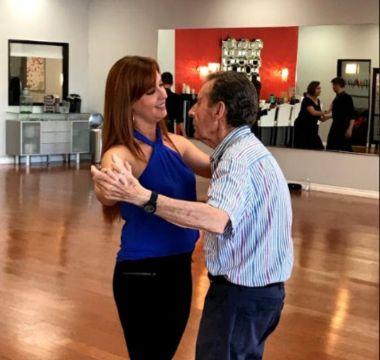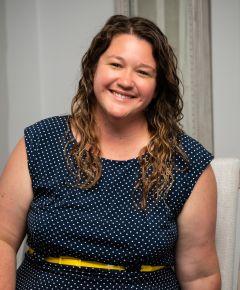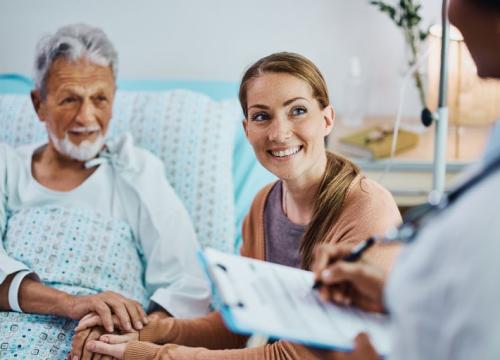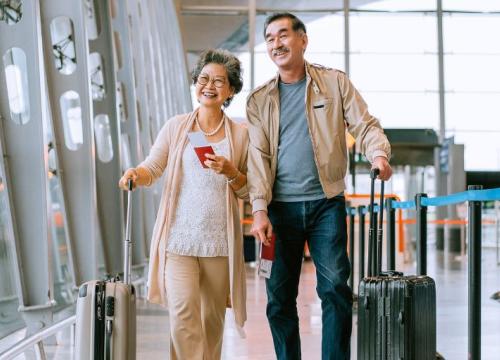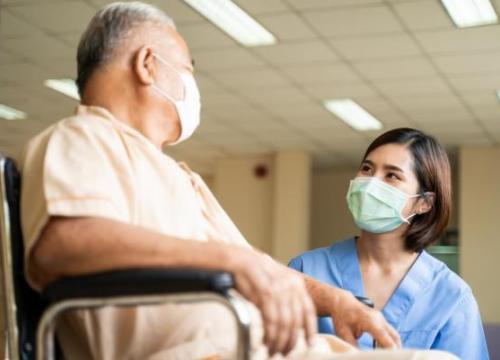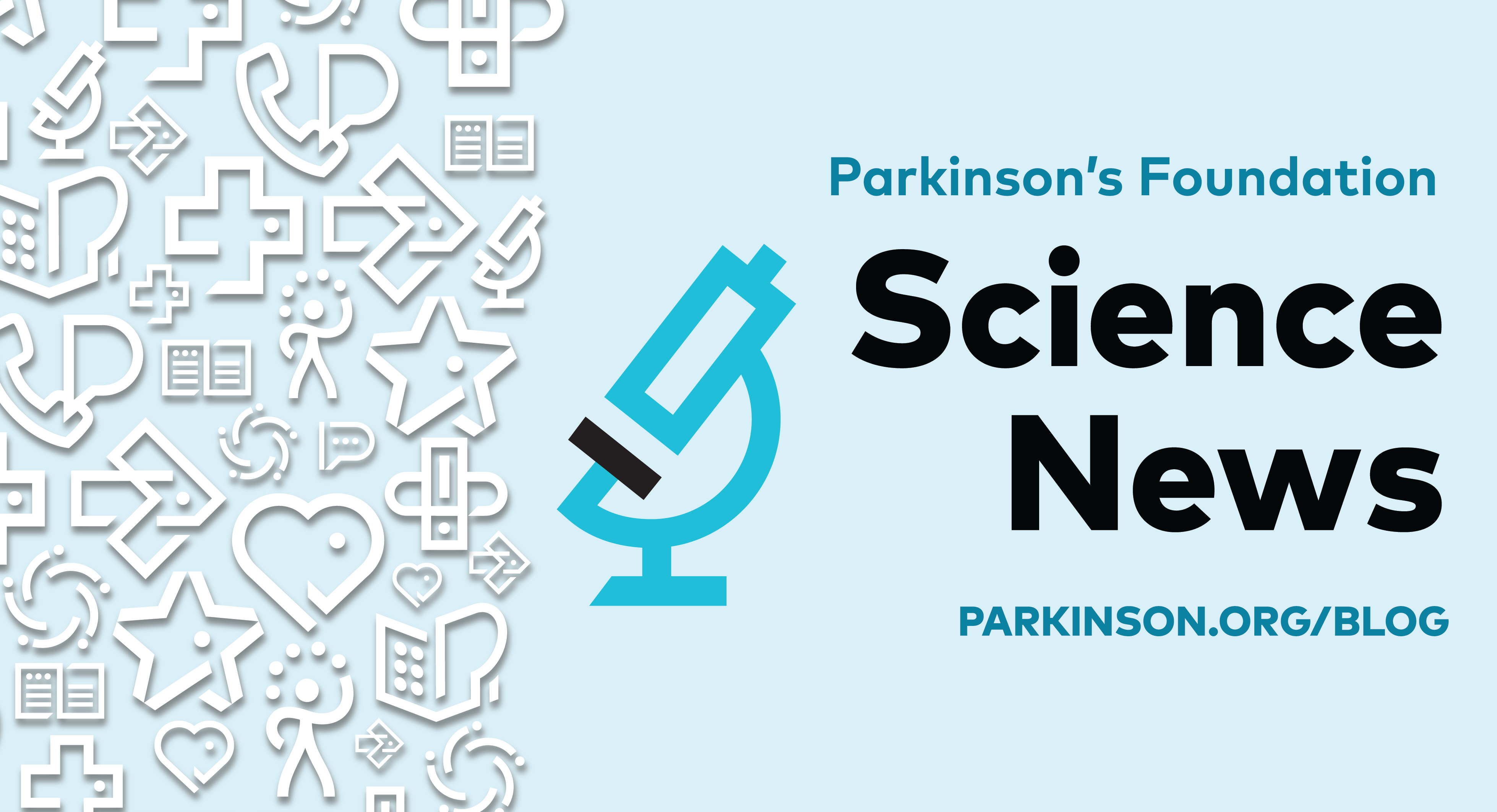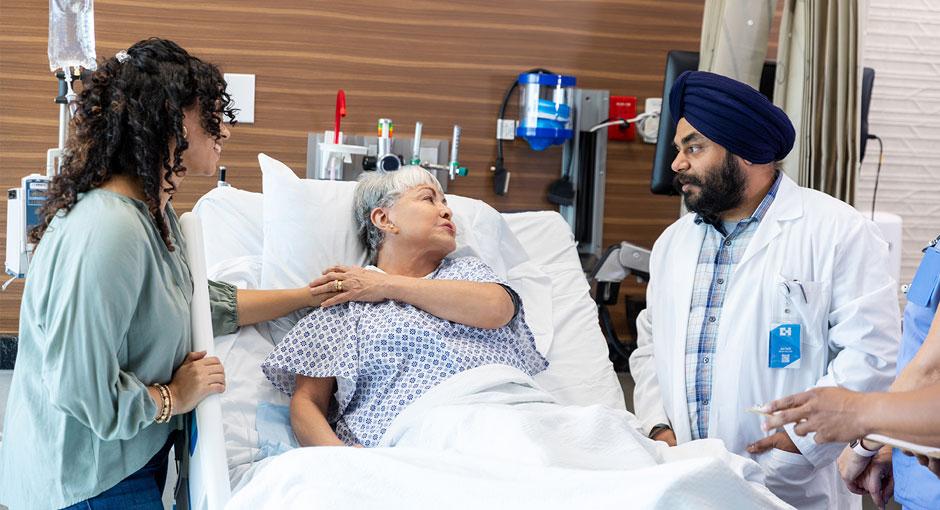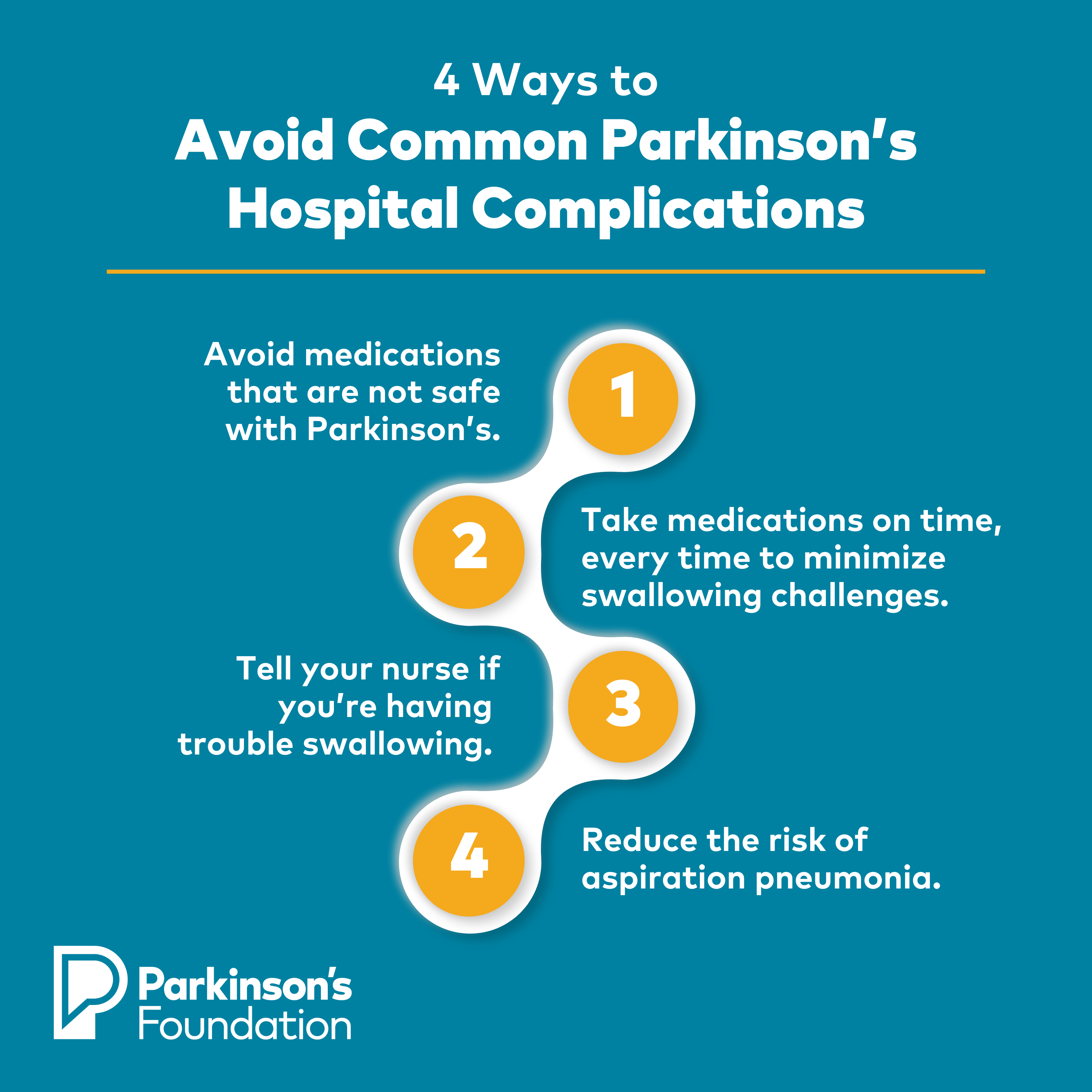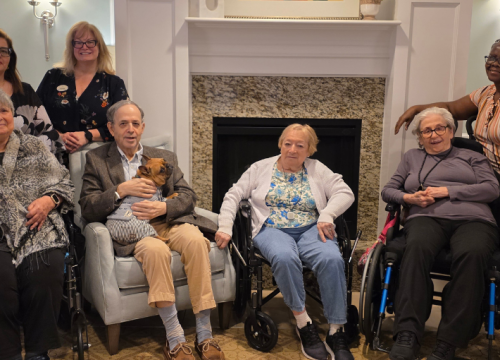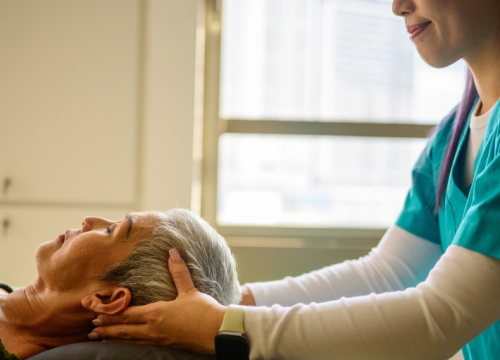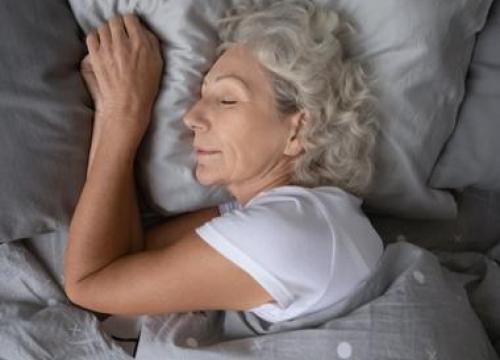My PD Story
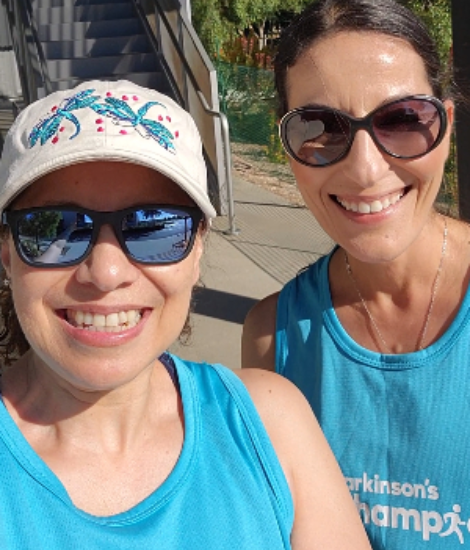
Tru Niagen
Finding Strength, Hope, and Purpose
When I think of the words courage and strength, I think of my beautiful mom. Her name is Deanna and at her wise age of 77, she still manages to find ways to inspire me. She was diagnosed with Parkinson’s disease (PD) a few years ago after my parents retired and moved to a little beach town in the coast of Ecuador. But you never know what being diagnosed really means until you actually face it.
The first time I saw my mom after her diagnosis, PD became very real. Seeing her unable to control the tremors and drag her feet made her seem so frail. I felt hopeless but my mom doesn’t give up easily and every day she finds ways to feel like herself.
Overcoming the Challenges
To say that witnessing my mom’s battle with PD from thousands of miles away is difficult, is an understatement. I only see my mom once a year and through the physical distance is challenging, our emotional bond has only gotten stronger.
I’m grateful for the small ways I can support her even from afar. Despite everything she’s endured since her diagnosis, my mom refuses to let Parkinson’s define her and embraces every day with a positive attitude. She shares her story to bring awareness and help those who also need the strength not to give up.
My Advice
I am not equipped to offer advice to anyone newly diagnosed with Parkinson’s, but as someone watching her mom manage PD, I can say that showing kindness and patience can be the best act of love. Simple things like signing your name, walking and even talking can be difficult for people with PD. When I’m with my mom I do things at her pace. When we’re on the phone, I take the time to really listen.
Proud of Our Supportive Community
My employer ChromaDex, makers of Tru Niagen, is a pioneer in healthy aging research and a proud sponsor of the Parkinson’s Foundation and I love how supportive they’ve been of my involvement in Parkinson’s initiatives. Working at ChromaDex and having direct access to scientific research on NAD+ has helped me better understand the science behind cellular health and how lifestyle stressors may affect the way we age. It’s given me a new perspective and further motivation to find ways to help my mom.
Through the Parkinson’s Foundation, my mom is able to use their online mobility and education classes since they’re available in multiple languages, including Spanish. These resources have proven to be especially valuable for my mom.
My friend and colleague Suhad, whose father was also affected by PD before his passing in 2015, has joined me as a Parkinson’s Champion to raise awareness and funds for Parkinson’s research. As we prepare for our 10K run at the Disneyland Halloween Half Marathon Weekend event in Anaheim, CA, we are most appreciative for all the physical abilities we have that allow us to run and honor our parents today.
Explore the many ways you can support the Parkinson’s Foundation today!
Related Materials
More Stories
from the Parkinson's community
